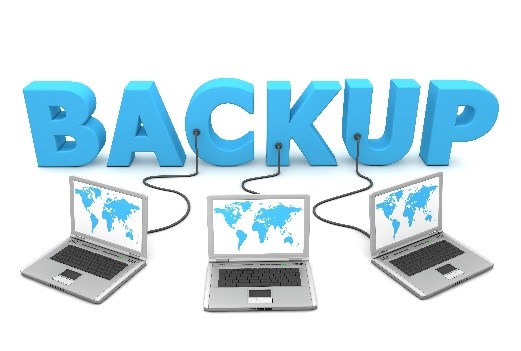Today, more data is generated than ever before. IT support has played a vital role in success of small and solo businesses. With the advent of cloud technology, the cost of storage devices has significantly decreased. This has provided a great opportunity for small businesses to plan a backup strategy in case of fire, theft, or hard drive failure, as soon as they go paperless.

Several businesses are still using the old backup storage strategy. With the latest storage options they get confused or do not desire to recognize that old standard of irregular batch backup is not sufficient.
A salesman will make you believe that they provide the ideal backup hardware that fits your business. Actually, storage needs for small and mid-sized or solo law firms differ a lot. Therefore, the mentality of one-size-fits-all is not appropriate in this case because it provides an average fit with regards to functionality or budget.
The best IT support law firm includes professionals, who advice lawyers to combine and create an ideal backup storage plan.
Common data backup storage solutions
Evaluate the different categories of backup storage options and make an informed decision
DAS – Direct Attached Storage means storage devices like USB 2 or USB 3 are directly connected to a server or PC’ peripheral port. A single drawback of DAS strategy is that batch backup has to be done to copy the data. This means backup copies can possibly contain outdated file versions.
NAS – Network Attached Storage means storage device, which is directly connected to the network. Multiple storage drives are accepted but offers redundancy (RAID form) because NAS supports variety of file protocols working directly with laptops and desktops. Some NAS models provide sync capabilities and selected files can be backed up with second NAS unit in remote location.
Disaster protected storage – Tough form of DAS and NAS appliance can withstand water (for days) and fire (for half an hour).
Online storage – Cloud computing is a form of online storage designed to assist businesses and individuals to store and backup their data on the clouds.
Backup data increases then cloud storage is the best option. In addition, there is no need of up-front capital investment. Full data retrieval can take unacceptably lengthy time, which is a drawback that we need to consider.
Private cloud – If you are not comfortable to use 3rd party public vendors then some private cloud services are available. Today, even small businesses can tap private cloud storage, which was not possible in the past.
Offline media – Offline data backup in the form of blu-ray discs and DVDs seem outdated, but must not be ignored. Google makes use of tape storage technology.
Critical data has to be backed up in two copies and maintained on different physical devices. Moreover, a 3rd copy must be kept offline, if possible at another location. Two complete copies provide a good chance of business continuity, during data loss. Offline copy is a vital hedge against unintended blunders and absolute malice.
Combination of backup storage devices depends on volume and budget of your law firm. Consider these data backup solutions wisely and protect your law firm.










Comments are closed.